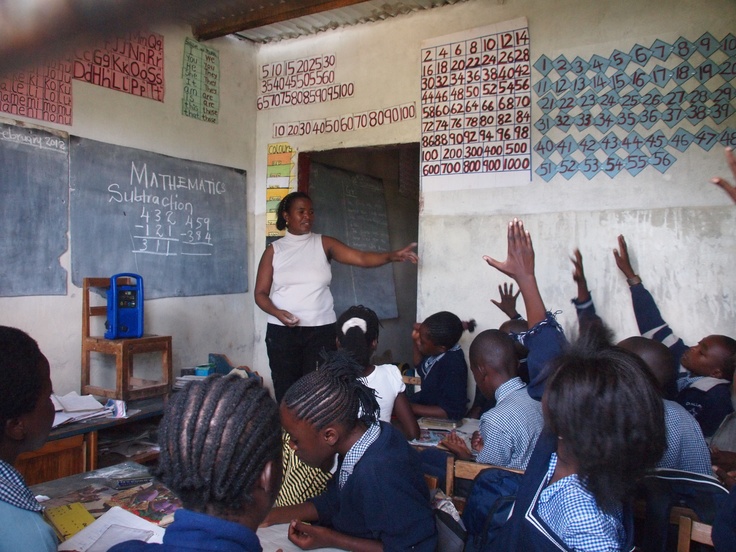Tuesday, 24/02/2026 | 19:46 GMT+7
S&C Electric Europe has brought power to two primary schools in rural Zambia by combining solar with energy storage technology.
The project in partnership with Swansea-based Discovery Student Volunteering and the Siavonga Nutrition Group in Siavonga, Zambia, provides schools with a way of delivering computer science lessons to children, without the need for mains electricity.
The 80 Watt solar panels and locally sourced lead acid batteries, have been used to power Raspberry Pi, credit card sized computers that plug into a computer monitor or TV, and use a standard keyboard and mouse. The brainchild from Cambridge University, Raspberry Pi has a low power consumption and is specifically designed for use in the developing world.
Christine Watson, founder and director of The Swansea - Siavonga Partnership, said: “The support received from S&C Electric for the solar project within Swansea Siavonga Partnership has been of real benefit to the rural community Siavonga.
“Adding value and sustainable development to the work of the partnership has a wide and substantial impact on this impoverished area which we really appreciate.”

Tony Rooney, Managing Director, S&C Electric Europe, said: “There are more than a billion people without access to electricity across the world today. Energy storage has the potential to transform lives by giving people access for the first time to electricity, something most of the world takes for granted.
“By combining energy storage with renewables technologies like solar, communities can now access power without being connected to the grid.”
According to the International Energy Agency (IEA), more than two-thirds of the population of sub-Saharan Africa (SSA) are still without electricity, and more than 85 percent of those living in rural areas do not have access to an electricity supply. According to the IEA, sub-Saharan Africa will require more than U.S. $300 billion in investment to build out the continent’s power generation and transmission systems if it is to achieve universal electricity access by 2030.
To date S&C is responsible for 20% of the world’s in-service battery energy storage capacity and is working with a host of companies to explore energy storage projects across Africa. The continent has the opportunity to replicate storage and microgrid projects that have already been installed in other parts of the world.
In the UK, S&C are the lead supplier to the £18.7 million Smarter Network Storage (SNS project), Europe’s largest Lithium-Ion battery, installed at Leighton Buzzard, Bedfordshire. S&C, Samsung SDI and Younicos collaborated to deploy the fully automated 6MW/10MWh battery onto a UK Power Networks substation, which is now being trialled for various storage use cases – such as peak shaving, frequency regulation, and reactive power support.
Energy storage will be a key component in transforming Africa’s power networks and to support its continued economic growth. Providing access to safe reliable electricity, will help to improve the social, economic and environmental development of communities across the continent.
Truong Duy








 Consultation on the methodology for developing and updating energy consumption standards for four major industrial sectors
Consultation on the methodology for developing and updating energy consumption standards for four major industrial sectors
 Opening of the 2025 Energy-Efficient Equipment and Green Transition Exhibition Fair
Opening of the 2025 Energy-Efficient Equipment and Green Transition Exhibition Fair
 Energy-saving solutions and green transition promotion
Energy-saving solutions and green transition promotion
 The 9th VEPG Steering Committee Meeting: Strengthening Coordination for Viet Nam’s Just Energy Transition
The 9th VEPG Steering Committee Meeting: Strengthening Coordination for Viet Nam’s Just Energy Transition